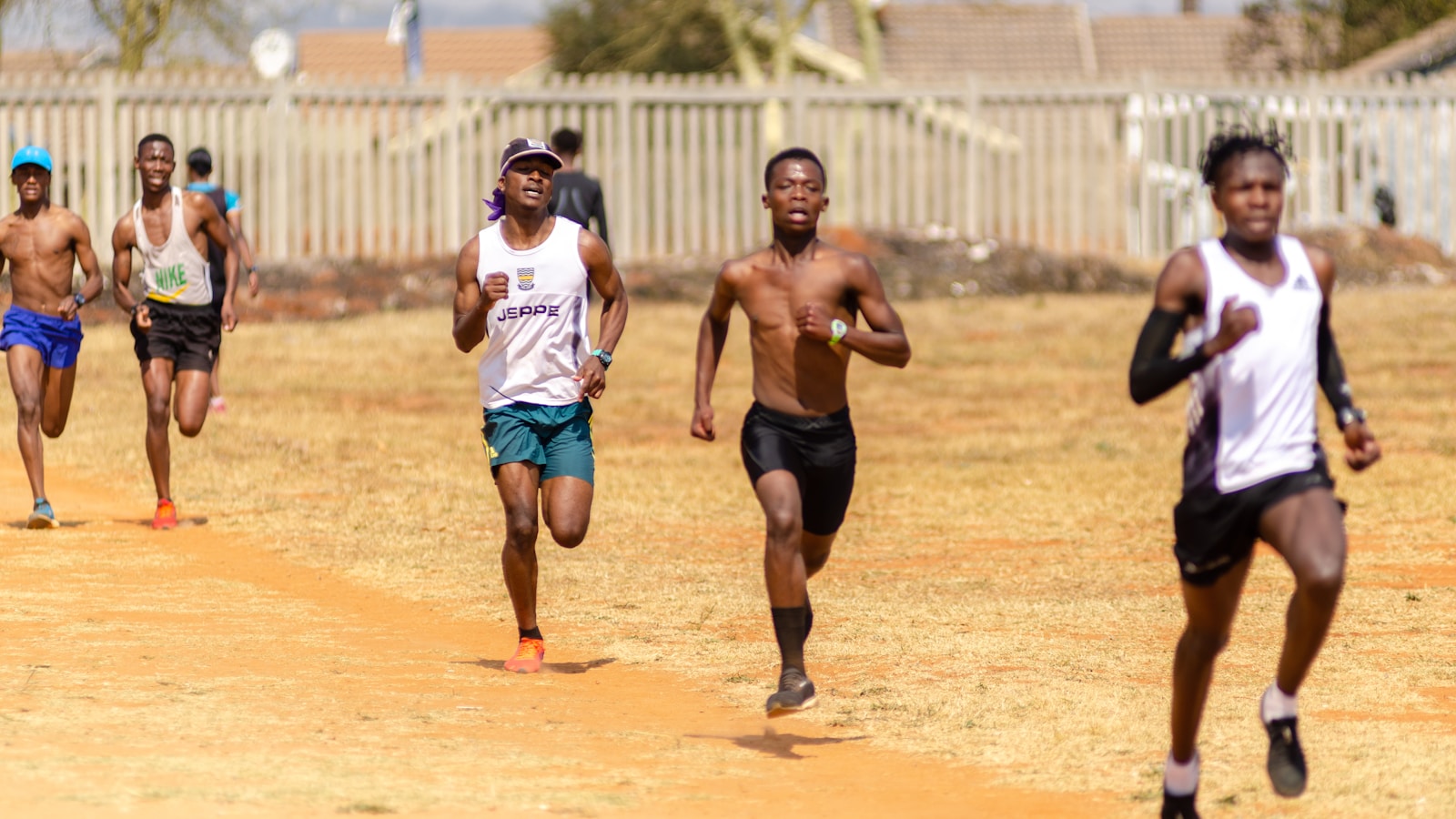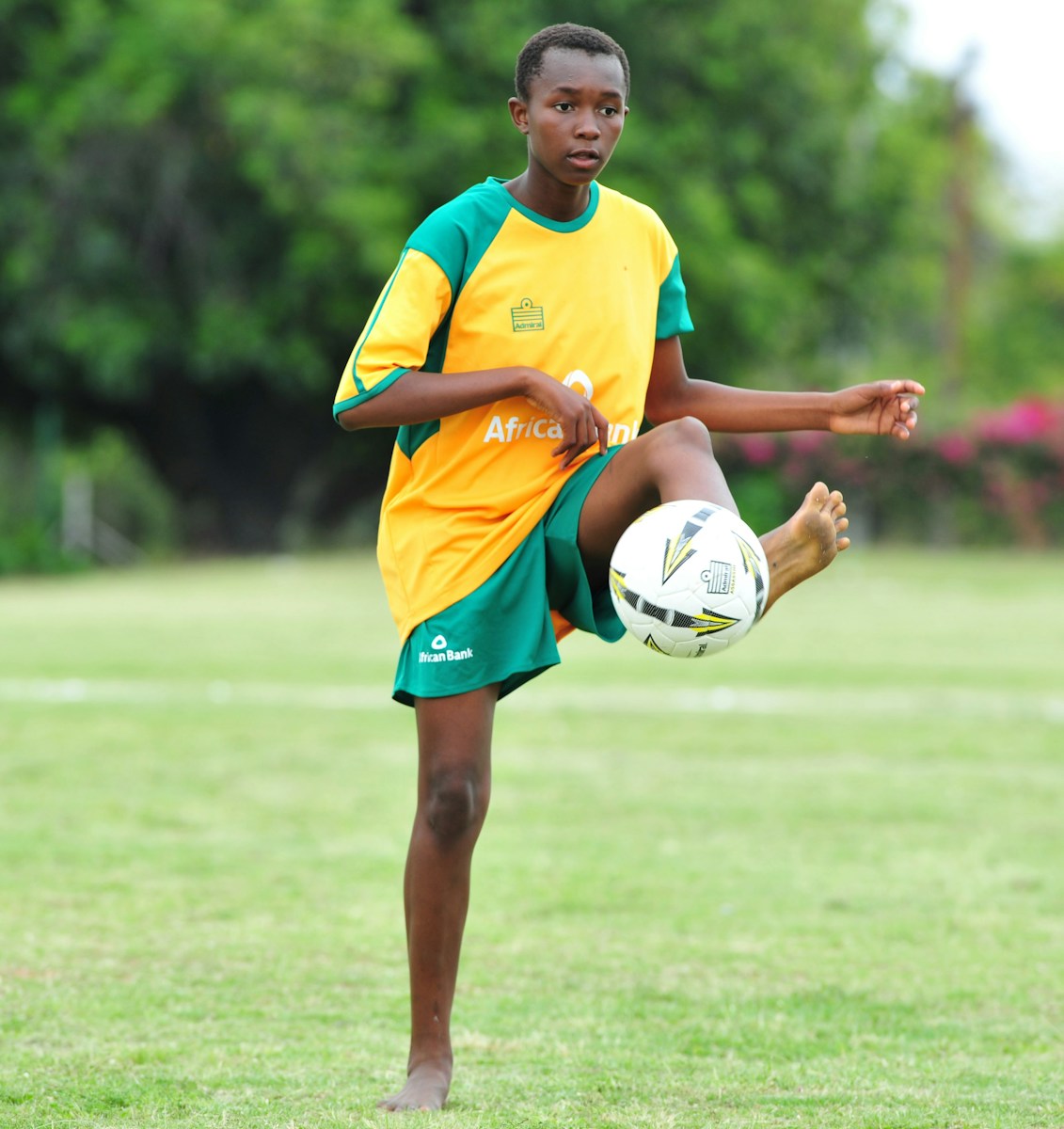Shocking Parliamentary Debates about Drug-Free Sport South Africa
The issue of doping in South African sports has sparked intense discussions in parliament, bringing the spotlight on the Drug-Free Sport South Africa organization. Recent debates led by MP Gayton Mckenzie highlighted controversies surrounding anti-doping policies, athlete accountability, and the responsibility of sports institutions to maintain integrity. These exchanges reveal the challenges faced by regulators and the urgency of reform in national sports.
Parliamentary Showdown: Gayton Mckenzie Speaks Out
During the session, Gayton Mckenzie criticized the current regulatory framework, arguing that Drug-Free Sport South Africa lacks enforcement power and transparency. He questioned how athletes and sports clubs are held accountable for doping violations, demanding stricter oversight and reporting. This bold stance triggered heated responses from other MPs and officials, emphasizing the divided opinions on tackling doping nationwide. For a detailed overview of doping laws, see South African Sports Regulations.
Controversy Over Anti-Doping Measures
The debates also focused on the effectiveness of existing anti-doping measures. Drug-Free Sport South Africa representatives defended their policies, citing educational programs, random testing, and collaboration with international agencies. Critics argue that loopholes in the system allow some athletes to evade detection, undermining public trust and national sports reputation. For insights on global anti-doping practices, visit World Anti-Doping Agency.
Accountability of Athletes and Sports Clubs
One major concern raised in parliament was the accountability of sports clubs and athletes. Mckenzie stressed that beyond testing, clubs must implement strict internal policies to prevent doping. Drug-Free Sport South Africa supports these measures but faces challenges in enforcement due to limited resources and legal constraints. For further guidance on athlete compliance, see our Athlete Compliance Guide.
Parliamentary Tensions and Media Attention
The heated debate in parliament attracted significant media coverage, amplifying scrutiny on Drug-Free Sport South Africa. Journalists reported conflicting statements, public reactions, and expert commentary on anti-doping policies. The media spotlight increased pressure on both lawmakers and sports authorities to implement reforms. For a broader perspective on South African sports controversies, see Sport24 South Africa.
Policy Gaps and Proposed Reforms
MPs highlighted policy gaps, emphasizing the need for clearer regulations, stronger penalties, and transparent reporting mechanisms. Drug-Free Sport South Africa acknowledged these concerns and proposed collaborative reforms with parliament, including digital tracking systems for doping tests, mandatory education for athletes, and enhanced coordination with sports federations. For insights on proposed regulatory frameworks, visit Sports Policy Reform Guide.
International Collaboration and Benchmarking
South Africa’s anti-doping strategy increasingly relies on global collaboration. Drug-Free Sport South Africa works closely with the World Anti-Doping Agency (WADA) and other international bodies to ensure compliance with global standards. Lessons from other countries are being integrated to strengthen enforcement, enhance testing accuracy, and maintain credibility. For more on international anti-doping collaboration, see WADA Official Portal.
Role of Sports Federations in Ensuring Compliance
Sports federations play a crucial role in maintaining integrity in the Drug-Free Sport South Africa framework. Parliamentarians emphasized that federations must implement internal compliance measures, conduct regular audits, and ensure athletes adhere to anti-doping policies. Challenges include limited resources and inconsistent enforcement across regions. For guidance on federation-level compliance, visit Sports Federation Compliance Guide.
Educational Campaigns and Athlete Awareness
Another key topic in parliament was the importance of education for athletes. Drug-Free Sport South Africa has launched awareness programs to educate athletes on prohibited substances, testing procedures, and legal consequences. MPs stressed expanding these campaigns to schools, clubs, and universities to prevent future doping violations. For additional educational resources, see Sports and Development Programs.
Public Accountability and Transparency
Transparency and public accountability were highlighted as central themes. Gayton Mckenzie urged that Drug-Free Sport South Africa publish detailed annual reports, test results, and enforcement actions. Parliamentarians argued that public confidence in South African sports depends on clear reporting and visible consequences for violations. For more on transparency best practices, visit Sports Transparency Guidelines.
Future Outlook and Legislative Changes
Looking ahead, parliamentarians are calling for comprehensive legislative updates to strengthen the Drug-Free Sport South Africa framework. Proposed changes include harsher penalties for violations, mandatory reporting by sports organizations, and integration of advanced testing technologies. These reforms aim to prevent future scandals, protect athlete health, and uphold the integrity of South African sports. For insights on legislative updates, visit Sports Legislation Updates.
Conclusion
The heated debates surrounding Drug-Free Sport South Africa reveal the complex challenges of combating doping in national sports. From accountability of athletes and federations to transparency, public trust, and educational initiatives, every aspect requires careful attention and strategic reforms. Parliament’s scrutiny, combined with global collaboration and policy innovation, sets the stage for a stronger, more credible sports ecosystem in South Africa. Maintaining rigorous anti-doping measures and fostering a culture of integrity will be essential to safeguarding the future of South African sports.




